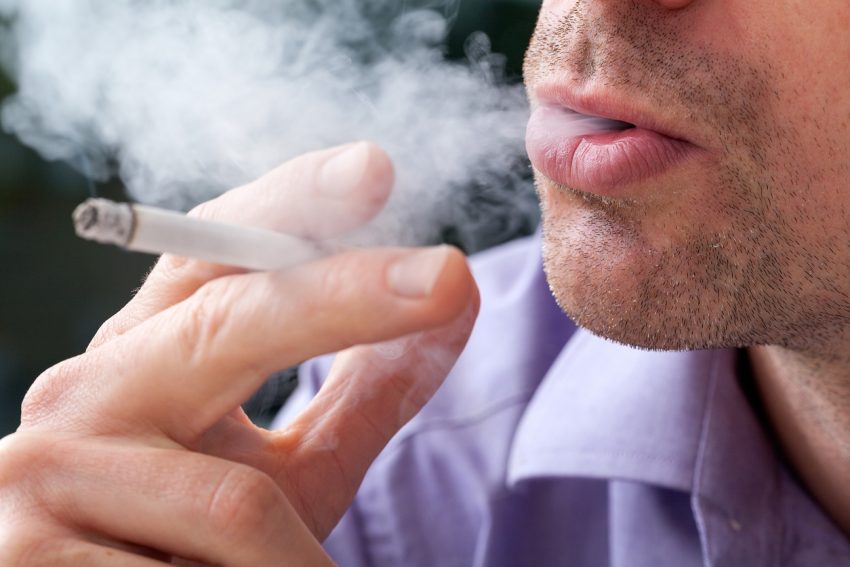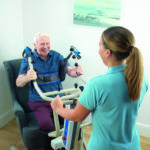Smoking With An SCI: How Does It Affect Me?

One of the most important things you will have to do after a spinal cord injury is to take care of your skin. You will need to protect it from pressure ulcers and other types of injuries and breakdowns.
If you smoke, then this will make your health risks even greater. Smoking can be harmful to your health in general, but when you have a SCI, it can also cause risks to the integrity of your skin.
Edema and Pressure Ulcers
The nicotine found in cigarettes causes your blood vessels to constrict. This means that when you smoke, those vessels get smaller and keep blood, oxygen, and nutrients from freely flowing into the tissues of your body.
If you have edema from your spinal cord injury, this complicates things even more. Parts of your body that are not moved frequently are more susceptible to edema. Fluid will collect in the tissues and cause swelling. When you have a spinal cord injury, this makes the skin in the affected areas thin. It also hinders the circulation. So when you add nicotine on top of that, it creates the perfect conditions for getting a pressure ulcer.
You can help prevent edema by elevating your feet and legs. You can also use compression stockings, socks, or sleeves. Range of Motion exercises help to get the blood flowing. And of course, not smoking as much will reduce the amount of nicotine in your body, which will improve your circulation.
Anemia
Smoking can also deplete your red blood cells. This will cause anemia. Anemia is a condition where your body gets less oxygen because there are less red blood cells available to carry it all around. Every part of your body needs oxygen, including your skin. When the skin does not get enough oxygen, it can become unhealthy, or even die. This creates an even bigger potential for injuries or pressure ulcers.
Smoking can also cause problems in your stomach and intestines, such as gastritis and ulcers. This damage and bleeding will contribute to anemia. And anemia is an even bigger risk to women who smoke and are of child-bearing age because smoking can cause them to lose even more blood than usual during menstruation.
Sometimes you can even see the signs of anemia in your skin. The skin may be a pale or gray color from the lack of red blood cells. Or you may develop pruritus, a severe itching of the skin. This problem does not have further complications, but it is a good indication that you may be anemic.
Vascular Disease
Another complication caused by smoking is vascular disease. Vascular disease involves the narrowing of the blood vessels. When these blood vessels become consistently narrowed, the decreased blood flow to the skin results in problems with skin breakdown. Buerger’s disease, which is found in heavy smokers, is a type of vascular disease. Besides skin problems, it can also cause pain in the smoker’s hands and feet.
Another vascular disease smokers get is called Peripheral Vascular Disease (PVD). This disease is found typically in the legs, but can also occur in the hands. It is like Buerger’s disease in that it can cause pain, but it does not always. In PVD, open sores may form on the legs. For smokers, these are hard to heal because of the decreased blood flow from smoking. But if you have reduced circulation from your SCI, this makes it even more challenging. In severe cases, the sores do not heal, and amputation may be necessary to prevent gangrene.
Taking care of your skin and making sure it gets enough oxygen and blood flow should be a priority now that you have a SCI. If you smoke, consider the risks. What might start as one small area of skin breakdown can take months to heal, can go deeper and lead to systemic infections, or can even spread and cause you to have to consider amputation. It is your choice if you want to smoke, but knowing the risks will help you decide if you want to consider reducing or quitting the habit.
Author: Annie Beth Donahue is a professional writer with a health and disability focus.







